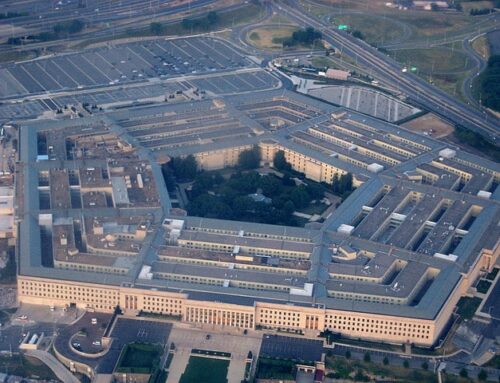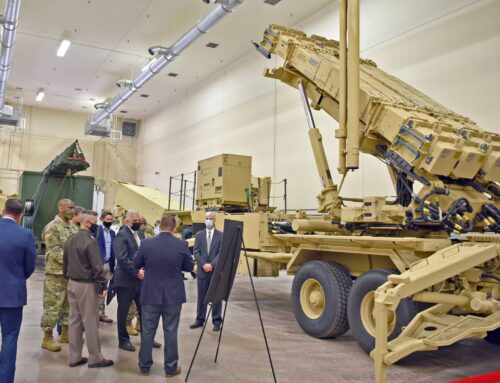The Biden Administration is in the throes of a Nuclear Posture Review (NPR) which, if done correctly, will surface any issues related to both the current nuclear arsenal and plans for the nuclear weapons of the future. Done with intellectual and strategic rigor, the NPR makes recommendations to the President on the shape and size of the arsenal and what is needed to meet current U.S. strategy. Done poorly and NPRs can be overtaken by government contractors’ concerns about their bottom lines and politicians’ concerns about the viability of local military bases.
A recent Congressional Budget Office study estimates the cost of modernizing the entire triad at $634 billion over ten years. Roughly two-thirds of those costs would be borne by the Pentagon. The total is up, precipitously, from the last CBO estimate of $494 billion, which was calculated in 2019.
At Taxpayers for Common Sense, we have long argued that the U.S. strategy of fully funding a nuclear “triad” of weapons launched from aircraft, from submarines, and from silos in five western states is wastefully expensive. Given the vulnerability of Intercontinental Ballistic Missiles (ICBMs) in static silos at well-documented military bases, these are clearly the least survivable weapons in the arsenal.
The current ICBM system, the Minuteman Missile, is aging out of its service life. It makes sense to retire these missiles and not replace them. Instead, the Pentagon awarded a contract to Northrop Grumman to build the Ground Based Strategic Deterrent. The most recent CBO report estimates the ten-year cost of replacing just the ICBMs at $82 billion — $70 billion for the Pentagon and $12 billion for the Department of Energy.
So, it is with great interest we read this note in a letter from Under Secretary of Defense for Policy, Dr. Colin Kahl, in a recent letter to Senator Markey (D-MA) about the NPR.
The Department is in the process of undertaking an external study of the future of the intercontinental ballistic missile-leg of the nuclear triad. We want to make sure we surface the full range of viewpoints across the political spectrum, tension points, and key considerations, so that the Department can benefit from those insights during the NPR process.
This could be a huge step toward a more sensible nuclear policy, if Under Secretary Kahl is serious about hearing all viewpoints. Consideration of the unnecessary costs of replacing the most vulnerable leg of the triad must be one of them.











Get Social